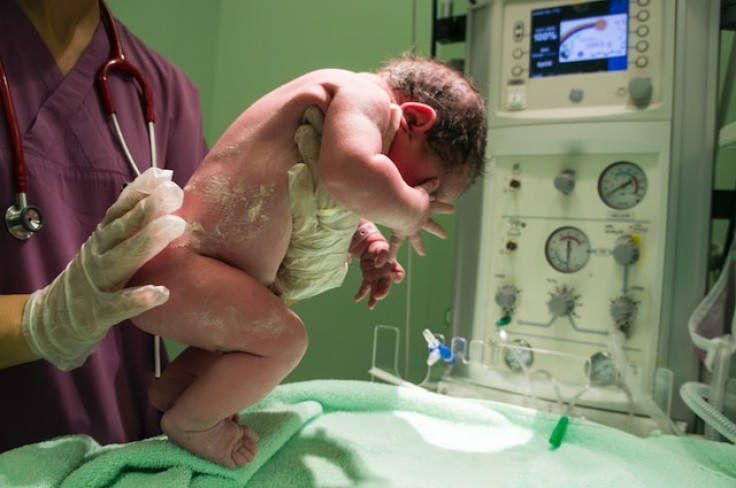
Anil Koppula, a new dad in Australia, has filed a lawsuit against the Royal Women's Hospital in Melbourne for allowing him to watch his wife undergo a cesarean-section (C-section) delivery in 2018. Koppula claims the experience caused him a "psychotic illness" and led to the breakdown of his marriage. He is seeking damages to the tune of 1 billion Australian dollars, or more than 642 million US dollars.
Hospital Accused of Breaching "Duty of Care"
The lawsuit has sparked intense debate about the obligations of healthcare facilities and the concept of duty of care, particularly in high-stress situations like childbirth.
According to legal documents, Koppula alleges that he was "encouraged, or permitted, to observe the delivery" and that during this observation, he "saw his wife's internal organs and blood." He argues that the hospital breached its duty of care owed to him and is therefore liable to pay him damages.
C-sections are surgical procedures carried out when vaginal delivery poses risks to the mother and/or the baby. The procedure involves making an incision in the mother's abdomen and uterus to deliver the baby. While C-sections can be life-saving, they also come with potential risks like infection, bleeding, and injury to the bladder or bowels.
The role of the partner or family member in the delivery room during a C-section is often considered vital for emotional support. However, the presence of a non-medical individual in the operating room has always been at the discretion of the medical team and the patient undergoing surgery.
The Royal Women's Hospital responded to Koppula's lawsuit, stating that it had not breached any "duty of care" and that he didn't suffer any real injury because of the C-section he observed. "We take the safety and well-being of our patients and their families seriously. Mr. Koppula's allegations do not reflect a breach in the standard of care we strive to provide," said a spokesperson for the hospital.
Impact on Medical Policies and Future Lawsuits
Justice James Gorton, presiding over the case, dismissed the suit, labeling it an "abuse of process." Koppula, who chose to represent himself in court, could not convincingly argue his case to the judge. "The claim lacks a sound legal basis, and Mr. Koppula voluntarily participated in observing the C-section," Justice Gorton noted in his decision.
The case has ignited conversations about the psychological effects of medical procedures on family members and whether hospitals should revise their policies regarding the presence of family in the delivery room. While some argue that Koppula's case is an outlier, others believe that this could set a precedent for future lawsuits, putting hospitals in a precarious position.
"It's a complicated issue," says Dr. Sarah Williams, a medical ethicist. "On one hand, family members should have the opportunity to be present during significant life events, like the birth of a child. On the other hand, medical procedures can be graphic and psychologically impactful. Hospitals have to find a balance."
While the legal battle may be over for Koppula, the questions his case raised remain unanswered, leaving medical facilities and prospective parents to ponder the extent of responsibility and psychological preparedness needed in such pivotal life moments.